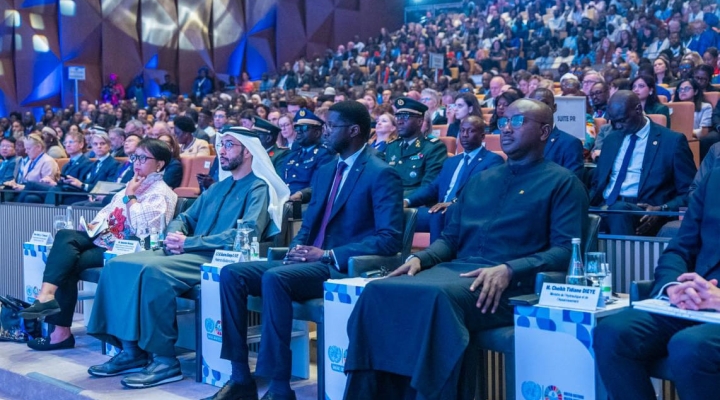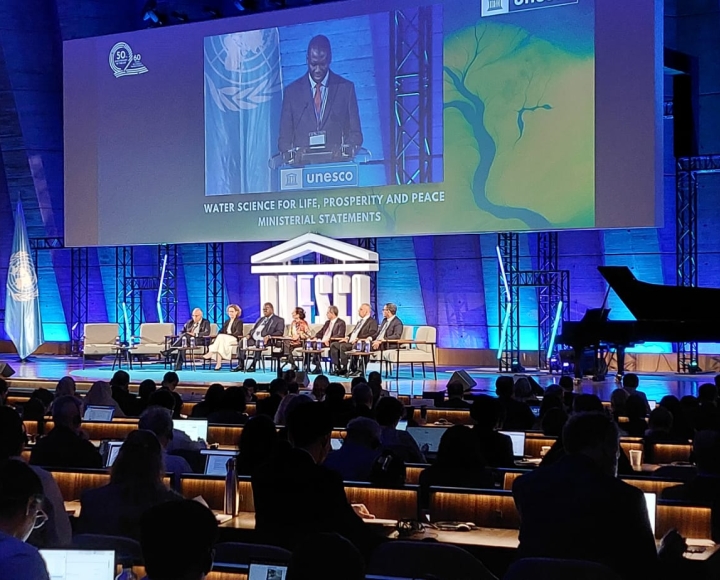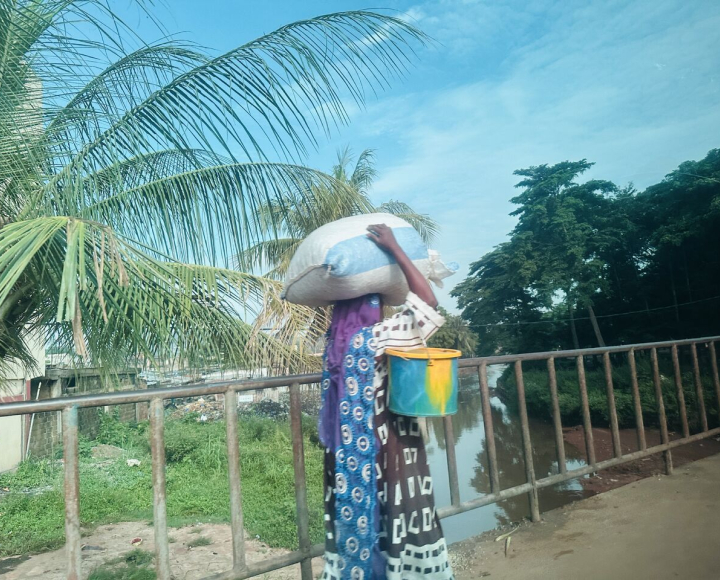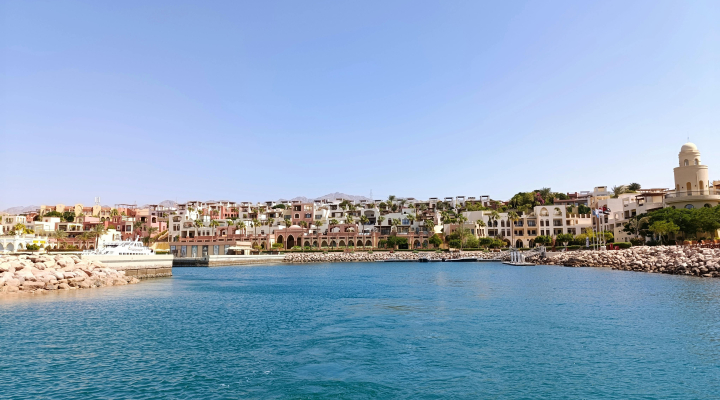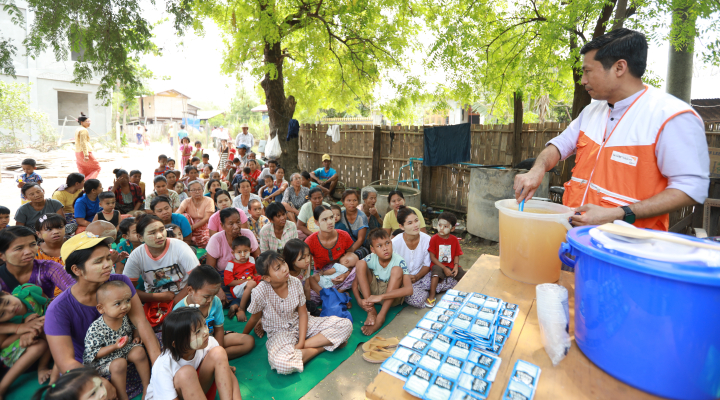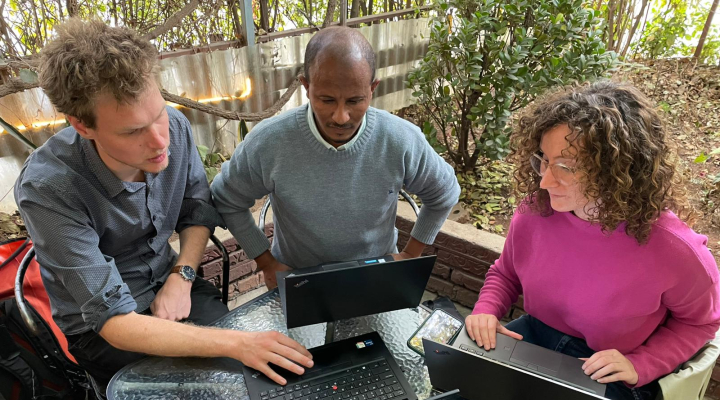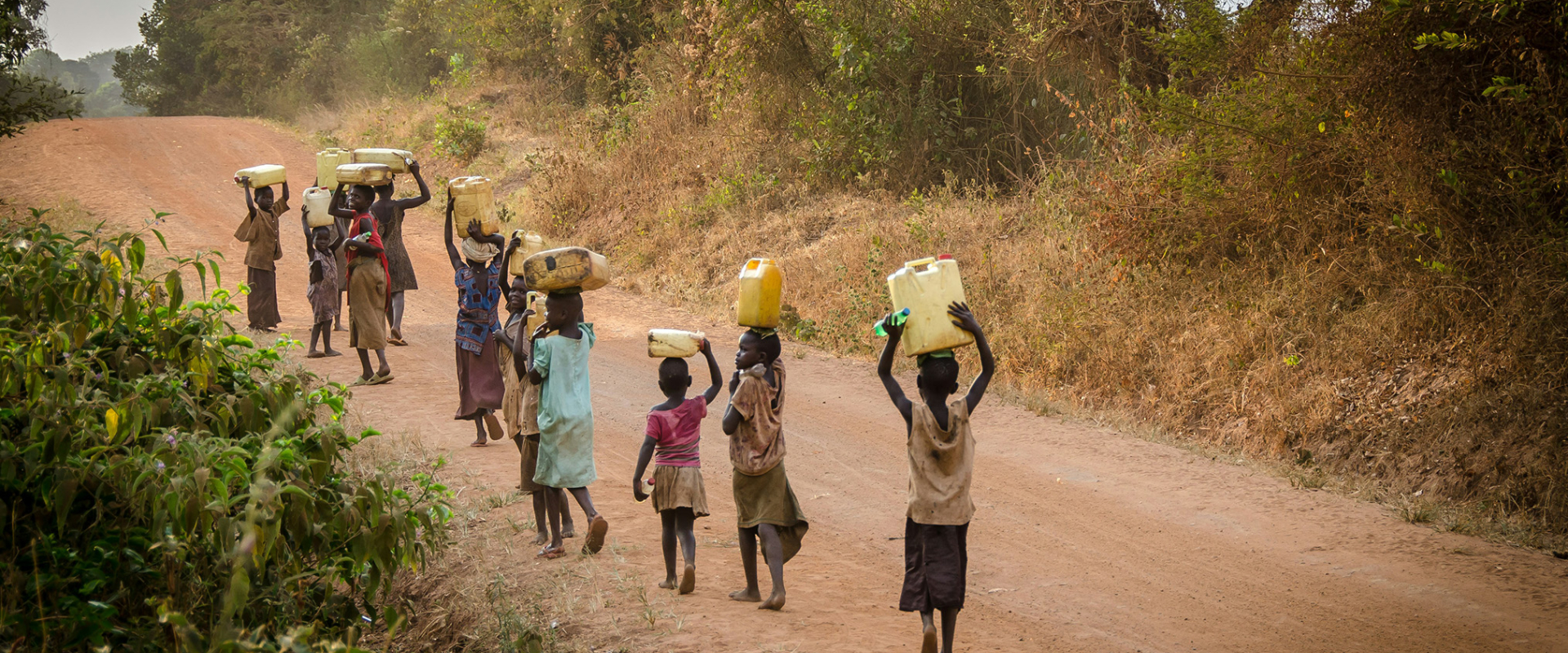
Global water crisis due to hydrological cycle being under unprecedented stress
The world is facing a growing water disaster. For the first time in human history, the hydrological cycle is out of balance, undermining an equitable and sustainable future for all, states a report from the Global Commission on the Economics of Water.
More than 1,000 children aged under five die every day from illnesses caused by unsafe water and sanitation. Women and girls spend 200 million hours each day collecting and hauling water. Food systems are running out of fresh water, and cities are sinking as the aquifers beneath them run dry. The report states that more than half the world’s food production will be at risk of failure within the next 25 years as a rapidly accelerating water crisis grips the planet.
Decades of collective mismanagement and undervaluation of water around the world have damaged our freshwater and land ecosystems and allowed for the continuing contamination of water resources. We can no longer count on freshwater availability for our collective future.
As half the world’s population already faces water scarcity, that number is set to rise as the climate crisis worsens. Demand for fresh water will outstrip supply by 40% by the end of the decade, because the world’s water systems are being put under “unprecedented stress”, the report found.
The value of “green water” in our soils and plant life – a critical freshwater resource
The report, titled 'The Economics of Water: Valuing the Hydrological Cycle as a Global Common Good', states that people have, fundamentally, put the hydrological cycle itself under unprecedented stress, with growing consequences for communities and countries everywhere.
Our policies, and the science and economics that underpin them, have also overlooked a critical freshwater resource, the “green water” in our soils and plant life, which ultimately circulates through the atmosphere and generates around half the rainfall we receive on land.
We can fix this crisis if we act more collectively, and with greater urgency. Vitally too, restoring stability of the water cycle is critical not only in its own right, but to avoid failing on climate change and safeguarding all the earth’s ecosystems, as well as on each and every one of the Sustainable Development Goals (SDGs). It will preserve food security, keep economies and job opportunities growing, and ensure a just and liveable future for everyone.
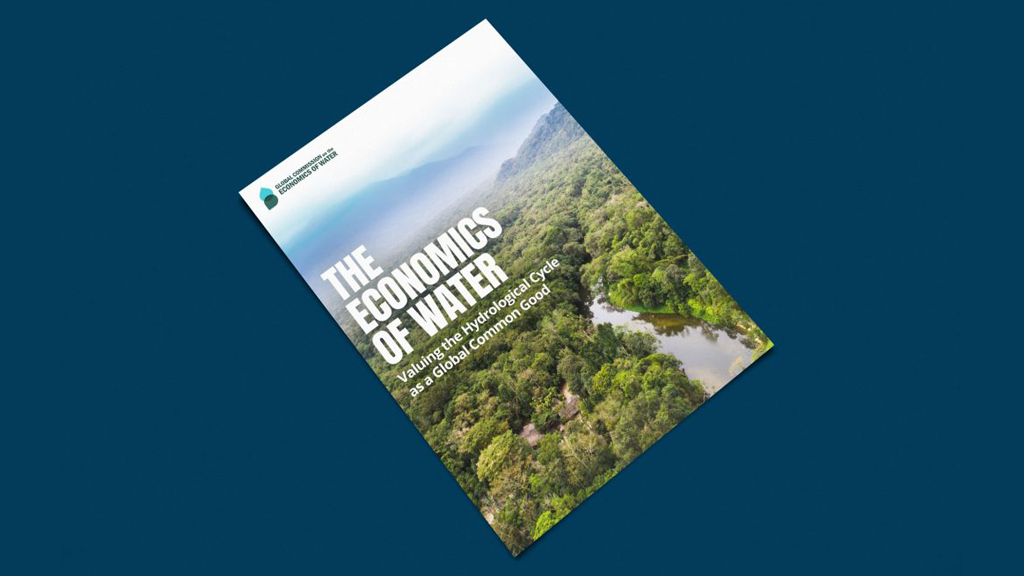
The Global Commission on the Economics of Water
The Global Commission on the Economics of Water (GCEW) aims to redefine the way people value and govern water for the common good. It strives to present the evidence and the pathways for changes in policy, business approaches and global collaboration to support climate and water justice, sustainability, and food-energy-water security.
The Commission is convened by the Government of the Netherlands and facilitated by the Organisation for Economic Co-operation and Development (OECD). It was launched in May 2022 with a two-year mandate. The GCEW is executed by an independent and diverse group of eminent policy makers and researchers in fields that bring novel perspectives to water economics, aligning the planetary economy with sustainable water-resource management. Its purpose is to make a significant and ambitious contribution to the global effort to spur change in the way societies govern, use and value water.




